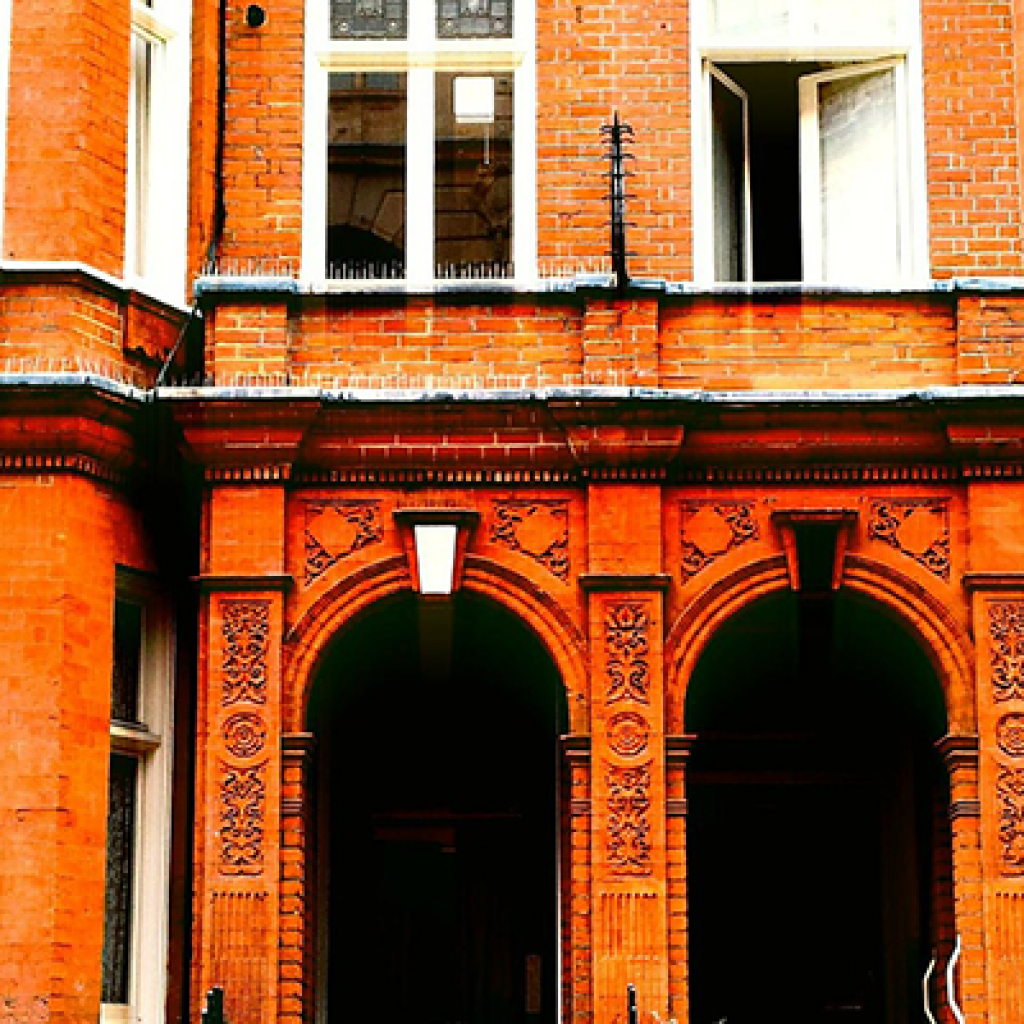Solar panel providers will offer to Lease your roof space so that they can install the solar panels, for which they do not normally pay a rent. Your Client can use as much of the ‘free’ energy as they like with the remainder going back to the grid. Without any storage cells, unless the energy produced by the Solar panels is used instantly the energy is lost, so this way of transferring power to the grid provides no wastage of power.
I have been approached by a very large energy company offering to Lease my roof for a period of 25 years. The Leases are registered on the Title to the property, and they are transferred to a new owner should the property be sold in that time. After 25 years the panels should become the property of the home owner and surplus energy is then theirs to sell to the grid should they wish to do so. Of course with Solar panel technological advances it could very well be that the panels are at the end of their life after this period, and it may fall to the homeowner to remove and dispose of the panels. Not to mention that future buyers of the property may be put off by the panels and the extra costs involved with the Conveyancing at the time of a sale.
Most domestic properties of course are mortgaged and consequently the legal consent of the lender will be required under the terms of the mortgage, and lenders will also need to ensure that their interests are protected.
The solar panel provider will normally include in their offer free legals for their Solicitor to deal with the registration of the Lease. Their representative will contact the lender for consent and relevant information should be made available for a decision to be made.
Evidence should be required as to accreditation with the Microgeneration Certification Scheme with a signed authorisation from the borrower to allow the provider to contact the lender directly. The lender should require evidence that there has been a proper inspection carried out prior to installation, that planning permission has been obtained and that any damage caused by the installation is repaired.
The agreement should cater for the removal of panels to allow the borrower to carry out repairs or improvements at a reasonable cost, and the equipment should be insured by the panel provider and the borrower advised to inform his insurance company about the new arrangements.
Most importantly, however, lenders will need the right to break the Lease if possession of the property is ultimately required and the solar panels hinder a sale. Many of these points can be dealt within the terms of an undertaking. The Lease I was offered did not contain any of these clauses and for many home owners looking for ways to cut costs, the small print is mind-boggling.
Home-owners should be encouraged by their Lender to seek professional advice on the terms of the lease and to notify the lender of any subsequent changes to the agreement with the provider.
Have your Clients approached you about advice on solar panel leases — what advice did you give them?
Today’s Conveyancer, bringing you the latest conveyancing news and updates.




















